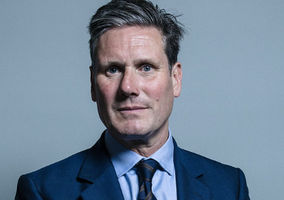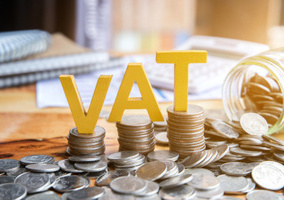The Treasury has confirmed its plans to end VAT exemptions for UK private schools from 1 January and remove the ability of those in England to claim charitable business rates relief.
Yesterday, the department published a technical note with details of its planned changes and opened a consultation, which will run for seven weeks until 15 September.
Charity Tax Group (CTG) chair Richard Bray said the proposed changes, which were pledged in the Labour Party’s manifesto, were “very significant” and that his organisation would consider any “unintended consequences” that might arise as a result.
Former NCVO chief executive Stuart Etherington wrote earlier this year that the changes could result in some schools “weakening the low level of charitable public benefit that they are required to provide”.
Charity Finance Group previously warned that removing some tax benefits and retaining charitable status could “create a two-tier system of charities and risk creating confusion amongst the public”.
Labour said in its manifesto that it expected to raise £1.5bn from the tax changes to help fund state education including the recruitment of 6,500 more teachers.
Scope of VAT policy
The government’s technical note reads: “As of 1 January 2025, all education services and vocational training supplied by a private school, or a ‘connected person’, for a charge will be subject to VAT at the standard rate of 20%.
“Boarding services closely related to such a supply will also be subject to VAT at 20%.”
The intended policy will not affect nurseries and pupils placed in private schools whose special educational needs cannot be met in the state sector, it reads.
It will, however, affect the fees of private-school children from the first year of primary school upwards.
“The government recognises that other goods and services ‘closely related’ to education, such as school meals, transport, and books and stationery, are integral to children accessing education,” the note reads.
“As a result, other ‘closely related’ goods and services other than boarding (ie goods and services that are provided by a private school for the direct use of their pupils and that are necessary for delivering the education to their pupils) will remain exempt from VAT.”
The government said that although schools will have to state on their invoices that they are charging 20% VAT on their education and boarding fees, it does not expect fees to go up by 20%.
“Rather, the government expects private schools to take steps to minimise fee increases,” the note says.
“After recovery of VAT on their costs, on average, the government expects schools to be liable for VAT amounting to around 15% of their fee income. It will be a commercial decision for individual schools how they fund this additional cost.”
Removal of business rates relief
The government is also consulting on its plan to remove the business rates relief from which private schools currently benefit as charities.
“Private schools that are charities will no longer be eligible to claim charitable rates relief and will be required to pay their full business rates liability,” the note reads.
As business rates policy is devolved, this change will only apply to private schools in England.
“The increased rates liability will vary from school to school; however, the government expects increased rates liabilities to have a limited impact on average school fees per pupil.”
CTG looking to ensure ‘no unintended consequences’
Bray said the proposed changes were “very significant”.
“The government has acted quickly to introduce its manifesto commitment to introduce VAT on private school fees and to remove charitable rates relief for private schools in England.
“We welcome the opportunity to comment on the draft legislation although the window for doing so is over the holiday period.
“We will be looking at what is proposed with the intention of ensuring that there are no unintended consequences arising from the proposed changes.
“We will also be taking the government up on its offer to discuss the draft legislation with key stakeholders.”
Meanwhile, Julie Robinson, chief executive of the Independent Schools Council, said: “Thousands of children face having their education disrupted as a result of this unprecedented tax.
“It will increase pressure on state schools and on an already-stretched SEND system, as well as on faith provision, on specialist arts education and on military families.
“The draft legislation was published before consultation with independent schools.
“We will be working over the coming months to engage the government on the consequences of this policy on schools, families and communities – it remains our belief that the best way to improve education for all is for schools to work together, not to tax education.”
Related articles











